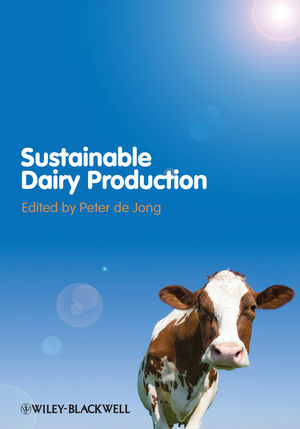Cargill to double tapioca syrup production
The $2.4 million investment in Indonesia sweetener plant to more than double production capacity.

Sourced from the cassava plant, tapioca syrup is widely used in food products such as ice cream and snack bars.
In response to continued consumer demand for label-friendly ingredients, Minneapolis-based Cargill announced it expanded its processing capabilities of its sweetener plant in Cikande, Indonesia, to more than double the company’s production capacity for organic non-GMO tapioca syrup.
“American consumers’ appetites for products made with ingredients perceived as simple, familiar and responsibly sourced continues to grow and evolve,” said Dana Johnson, vice president of sweetness segment for Cargill Starches, Sweeteners & Texturizers North America. “As our customers look to satiate that demand, our tapioca syrup is increasingly in the sweet spot — offering transparent sourcing, organic and non-GMO certifications, and positive consumer perceptions.”
Sourced from the cassava plant, tapioca syrup is widely used in food products such as ice cream and snack bars and confectionery products such as hard candies, caramels, marshmallows and gummies. Cargill said its portfolio includes a full range of carbohydrate profiles and dextrose equivalent levels, a lineup that provides manufacturers with maximum formulation flexibility.
The upgrades to the sweetener plant will include additional filling stations, blending and storage tanks, and additional warehouse improvements will enable the plant to achieve its annual tapioca syrup production volume targets of 12,000 metric tons by 2024. Additionally, since the plant is in close proximity to major tapioca-growing regions in Asia, Cargill said it expects to meet the needs of the rapidly growing North American and Asian clean-label sweetener markets.
The $2.4 million investment in the Cikande sweetener facility is part of ongoing efforts by Cargill to enhance its ingredient portfolio and production capabilities to better support customers’ product development needs. Other key investments within the company’s sweeteners and starches business include a joint venture with Thai modified starch producer Starpro and a $100 million investment to build a new corn wet mill at its Pandaan, Indonesia, sweetener plant to produce more corn-based starches, sweeteners and animal feed ingredients, Cargill said.
Looking for a reprint of this article?
From high-res PDFs to custom plaques, order your copy today!






